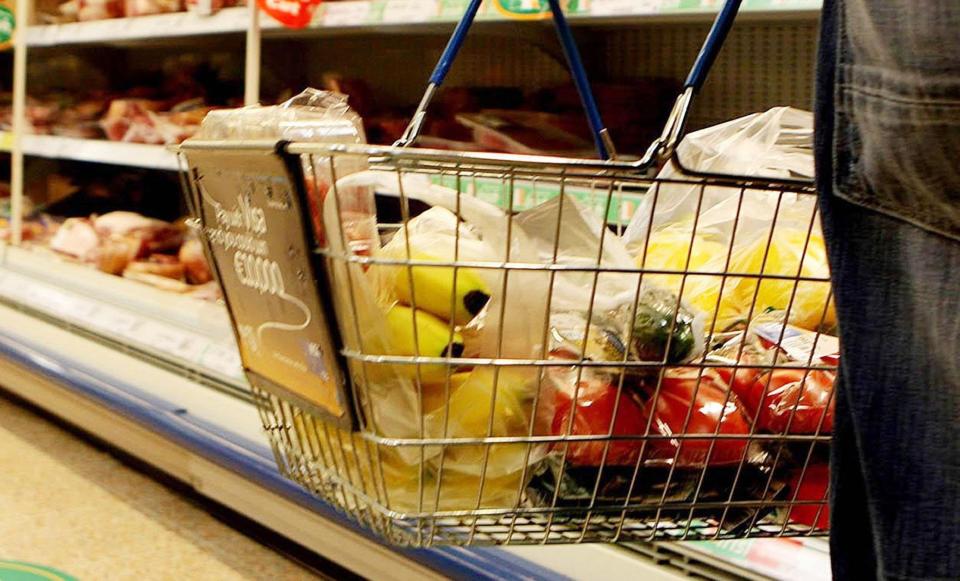‘It is the right decision’: Co-op boss defends not returning business rates relief as group posts £92m profit

The Co-op’s 2,500 food stores remained open throughout the pandemic
(PA)The Co-Op Group bosses have been forced to defend holding on to most of the £82 million in government support the mutual has received since the pandemic hit.
The grocer, which also offers funeral, insurance and legal services and just re-launched its power arm, states its belief is that "principles [are] more valuable than profits". It said today that it will repay the £15.5 million it received in furlough payments since the pandemic hit, but will not return business rates relief worth more than £65 million.
The group's 2,500 food stores have remained open throughout the crisis. Today it announced a pre-tax profit on a like-for-like basis, excluding a change in accounting policy for funeral plans, of £92 million for the year ended January 2 - up £25 million on 2019.
Group revenue grew by £600 million to £11.5 billion. Net debt was down £145 million on the prior year end, to £550 million.
Rivals including Tesco, Morrison's Sainsbury's and Aldi have handed back a total of more than £1.4 billion in taxpayer support after facing severe criticism for taking the business rates holiday and furlough payments - aimed at helping firms ride out the virus crisis - while seeing high customer demand during the pandemic and paying out dividends to shareholders.
But Co-op chief executive, Steve Murrells, told the Standard that the group is in a different position to other grocers, as it is not paying out a dividend, "does not have the same access to capital markets", and faces higher financing costs than listed businesses.
Murrells pointed out the decision has been supported by the Co-op Members' Council, and said: "The Co-op took government support in good faith, not expecting to have to pay the money back, and we have made forward-looking business decisions on that basis.
"Our underlying PBT only rose by a modest £25 million, and of that £25 million the Board has rightfully decided to repay £15.5 million, so I think this is absolutely in line with the values and the ethics of the Co-op, so that we have a strong Co-op for the future.
"It is the right decision for the Co-op, and one the Board has unanimously backed."
He added: "We believe 2021 is going to be just as tough [as 2020], and we need to continue to watch how we use our scarce resources."
The company said in its results statement that its large store estate meant the group had " a disproportionate increase in costs associated with remaining open, as compared to larger supermarket businesses", and that costs "rose significantly" in its funerals arm in the year.
Co-op rivals Iceland and The John Lewis Partnership are among large companies also retaining state support offered since the pandemic hit. John Lewis reported an annual loss of more than £500 million last year.
Read More
Homeserve reports rising profits as locked-down Britons work on homes
Why soaraway Next should buy Ted Baker

 Yahoo Finance
Yahoo Finance 